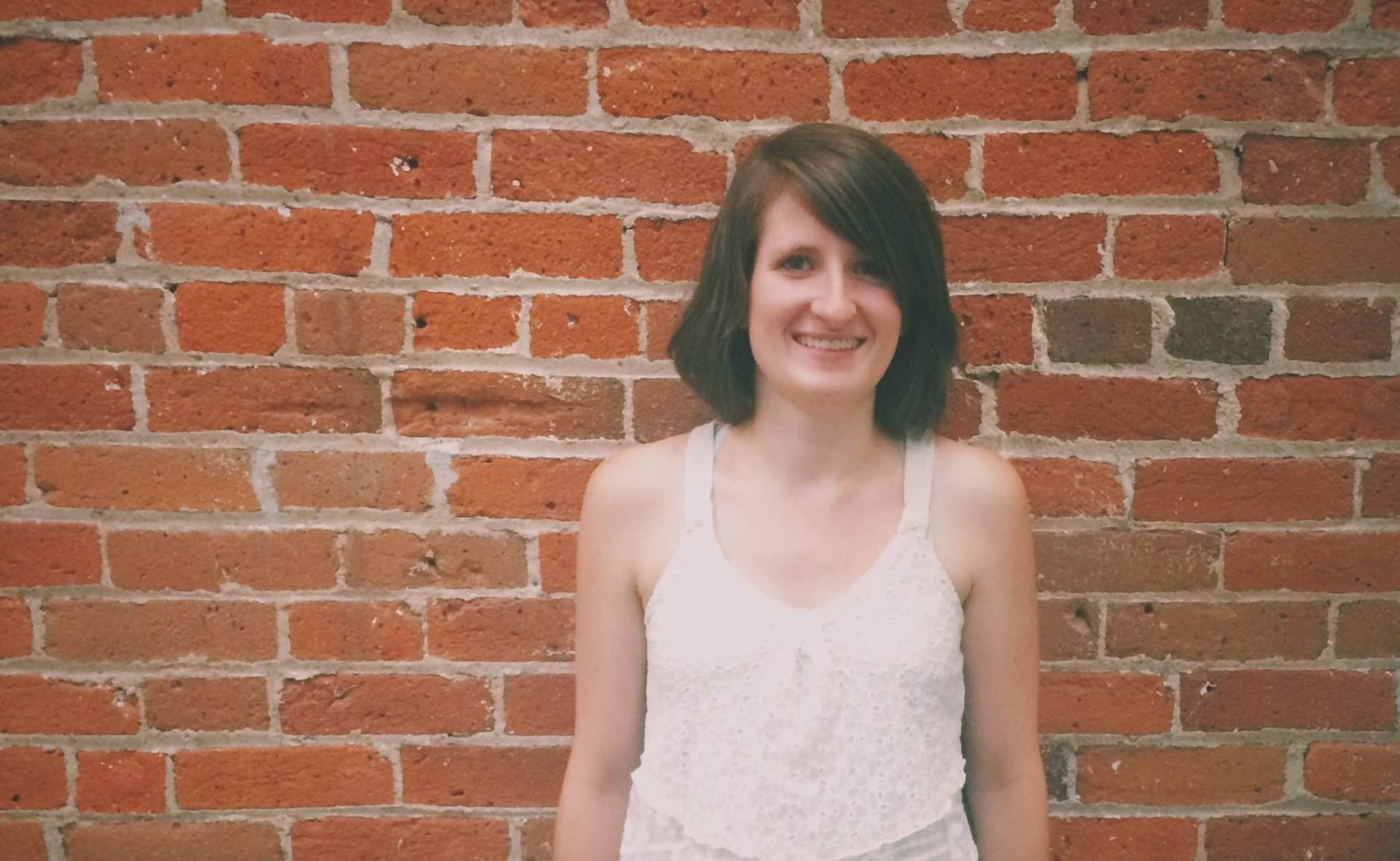As part of the Master of Public Health program, each student is required to complete a practicum and capstone experience. These practice-based learning opportunities allow the student to personalize their public health education, and explore unique career opportunities. This summer, we are featuring a four-part series about ColoradoSPH@CSU students who are completing their practicum
Public health is a discipline built upon both academic concepts and real-world experience. It is vital for a Master of Public Health student to understand both when exploring an issue; it can sometimes, however, be difficult to find the time for hands-on work as a graduate student. Students like Kim Moyer, a rising second-year MPH student in the Global Health and Health Disparities concentration, often use the practicum – a practice-based learning opportunity required of all MPH students – to explore complex public health issues in their communities.
Kim works at the Laboratory to Combat Human Trafficking (LCHT), a nonprofit based in Denver, which works to end human trafficking in Colorado, through community-based research projects, as well as training and education for first responders and healthcare professionals. LCHT research explores the causes behind human trafficking, the services available to victims in Colorado, and any gaps in those services. The organization also runs the Colorado Network to End Human Trafficking (CoNEHT), a 24/7 tip and referral telephone hotline.
A long-time Denver resident before coming to CSU, Kim is the Nonprofit Management and Development Intern for LCHT, working closely with the executive director to learn the ins and outs of nonprofit management. This summer, her projects include updating the organization’s development and operations plan, maintaining the organization’s donor database, and organizing the LCHT curriculum. Understanding and analyzing so many different aspects of the organization has been rewarding for Kim. “It has been exciting seeing the everyday running of a nonprofit and the sort of work that goes into that,” she notes. “I am very lucky to work with the Co-Founders of LCHT. They are very concerned with using data to support their work and they think about human trafficking in a critical way to understand the whole complicated picture.”
First introduced to issues of human trafficking through anthropology and international development courses at ColoradoSPH@CSU, Kim appreciates both the global scale and the local intricacies of the problem. “Human trafficking is a threat to human rights and compromises the mental and physical health of the people who experience it,” Kim says. “It is an issue that involves many disciplines such as public health, social work, legal services, and law enforcement.” She hopes to eventually complete her capstone with LCHT as well, focusing on how health disparities and human trafficking interact.
Undoubtedly, Kim’s practicum is valued preparation for her future career; she hopes to work in the nonprofit sector, especially one focusing on systems change and social justice issues. For Kim, perhaps the most important takeaway from the practicum will be how to analyze complex social issues and translate them into actionable items. “I really like the way they [LCHT] take a critical eye about the issue and don’t see things as black and white,” she says. “I think that is true of most issues, and I will take the analytical framework I develop here and use it in the future. It has definitely prepared me to tackle complicated health issues in smart and creative ways.”
For more stories on students completing their practicum and capstone, please visit our news page.

